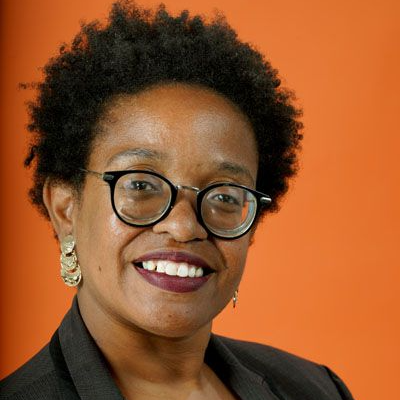When Renard Noble first heard the terrible news of the mass overdose in the Baltimore neighborhood of Penn North on July 10, his first thought was, “It’s a shame.”
His next thought? It’s going to happen again. And then it did, a week later.
“The only thing people look at is the bigger picture, more than the smaller picture,” said Noble, residential manager at Earl’s Place, a transitional housing facility in Baltimore’s Washington Hill neighborhood that focuses on men recovering from substance abuse and homelessness.
He sees the picture — the real, expansive one — from both sides. Like the men he helps, Noble is in recovery. He is on the other side of this thing, but he knows how hard it is to stay there even when “the help is there.”
That help, he knows, must be consistent, and not just there when the news shows up.
“It’s almost to the point where you’re kind of numb to it all. The number of people that were involved was shocking, but the incident itself wasn’t,” said Jim Carey, case manager at Earl’s Place. “These episodes are pretty common.”
Read More
Carey, who has been in the recovery field for about 15 years, agreed that the crux of the issue is knowing overdoses will continue, whether they happen in masses or one at a time.
“Was it really a setback? That was a flash in the pan,” Carey said. “Two weeks from now, people won’t be talking about it anymore. They’re gonna cover this in the news for a few days.”
It might sound like I am blowing smoke up the nether regions of my employers when I tell you I am proud of the way The Baltimore Banner has covered the opioid crisis in this city in a way that sets itself apart from so many other outlets. It has not only focused on Black victims, particularly Black men, as humans and not just numbers, but has handled their stories of addiction the same as white women who started using after car accidents.
“Penn North — people are looking at it, but that’s the norm," Noble said. “There are people dying daily.”
He says we must remember that “every person who dies of addiction is a human being.” And every human being has a story, including him.
Noble was born in Baltimore 65 years ago, growing up near North Avenue and Washington Street. If you’re some lookie-loo who believes that Baltimore is “The Wire” and all Black people are preternaturally inclined to addiction, you will not understand when he insists, “I was not raised this way. I had family values.” (You are also maybe racist, and should look into that.)
Even with those deeply instilled values, he got “caught up” in the life, and ended up addicted for about 11 years. “My clean date was the day I went to prison in 2010,” he told me.
After prison, he wound up as a resident at Earl’s Place, and now assists men who were where he used to be. As much help as there is available from a nonprofit like Cornerstone Community Housing, which runs the Earl’s Place program, Noble is skeptical the government is as invested as it should be in resources that address mental illness.
“The root of the problem is losing the mindset of addiction, to not go back,” he said. ”It’s not happening that way. … There is not enough to get us to the next step.”
He bemoans the dearth of the kinds of reentry programs that helped him — that make the difference between whether “you wind up dead or go back to jail,” he said. “The way it’s designed is for us to fail.”
So what’s to be done? Noble insists there are key questions that need addressing.
“Do you have proper people working with them? How many mental health certificates are on their wall? What makes you keep using? What trauma is there?” he asked. “It takes more than just a bunch of people sitting around talking.”
For Noble, strength is found in remembering that no one is immune.
“Some people think that because I’m clean, I am better. We are addicts,” he said. “It comes in all kinds of forms. It’s not just drugs. You have to find yourself. And love yourself.”




Comments
Welcome to The Banner's subscriber-only commenting community. Please review our community guidelines.